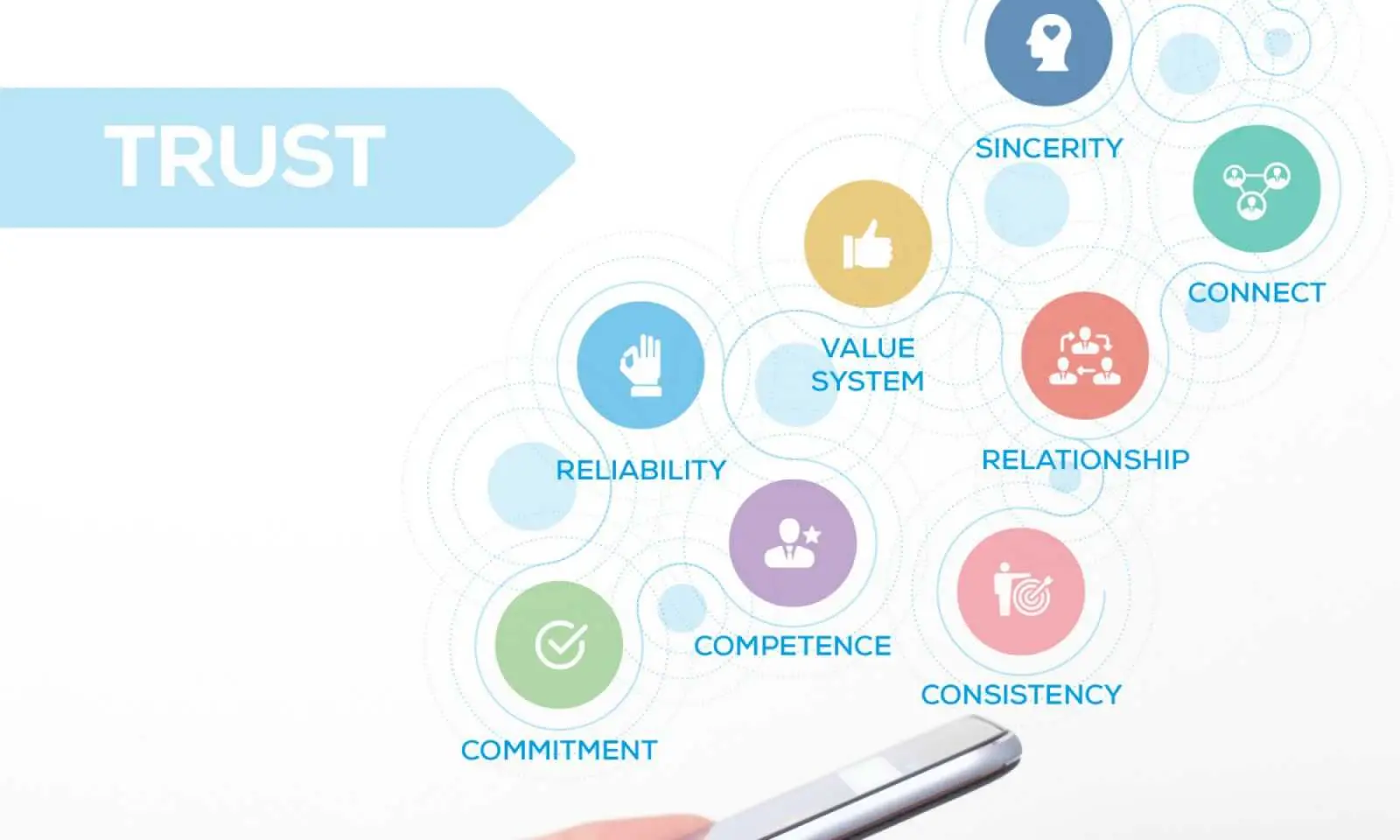Trust – Easy To Say, Hard To Define, And Absolutely Critical For Sustainable Success
The most valuable asset of any business, especially those in the service game, is its employees. Although this line has morphed into one of the more championed corporate clichés over the past few decades, its sentiment continues to ring as true – and relevant – as ever.
Over the course of nearly ten years as Managing Director at Pure Dairy, I have come to appreciate the importance of not only attracting the best available talent, but putting in place systems and processes that ensure that talent feels valued within our four walls – not only as workers, but as people.
Creating a working environment that motivates employees to get the best out of themselves, and therefore the business, should be the number one priority for every business leader.
And when leadership experts talk about what it is that motivates workers, both as individuals and in teams, there is one theme that emerges consistently above all else – trust.
Despite a surface-level understanding that trust is important, its inherently subjective nature makes it difficult for leaders to nail down exactly what this looks like in the workplace. Trust means different things to different people, but within these varied definitions lie a few commonalities that leaders must understand and embrace.
In an attempt to unearth some of these commonalities, researchers Jack Zenger and Joseph Folkman looked at feedback data from 87,000 business leaders on what trust means to them. Their work identified three key elements:
- The extent to which a leader can create positive relationships with people and groups
- The extent to which a leader is informed and knowledgeable, reflecting technical expertise, depth of experience and demonstrating good judgement
- How well leaders walk the talk, follow through on commitments and are willing to go the extra mile, while demonstrating consistency
It is around these three pillars that our leadership team has implemented a culture of trust at Pure Dairy. But this is not something that has happened overnight. For the better part of a decade we have consistently operated in a manner that holds our leaders to account, ensuring that they are guided primarily by a desire to create positive relationships with their colleagues founded on open and transparent lines of communication. This sustained pattern of behaviour has engendered a sense of trust across all segments of the business, and is a major factor behind many of the successes we have had.
I will say that using these three key elements to manage and build trust as a motivating force is challenging enough at the best of times. But doing so throughout a crisis, such as a global pandemic that has led to economic and commercial upheaval and social disruption, has proven even more challenging.
In his book “Leadership in the Era of Uncertainty”, preeminent organisational leadership expert Ram Charan talks about the negative behavioural trends that can be borne out of crises, often resulting in dramatic reductions in interpersonal and intra-team trust.
In response, and in addition to the three elements outlined by Zenger and Folkman, it is critical that leaders looking to maintain and grow a sense of trust and motivation with their organisation actively practice open and transparent communication, provide emotional support, model and enforce integrity and simplify systems and processes.
At Pure Dairy, we have a culture that puts our people at the very core of everything that we do. We understand that for our business to succeed, it is imperative that our people are trustworthy, and that our systems not only incentivise trust, but celebrate it.





